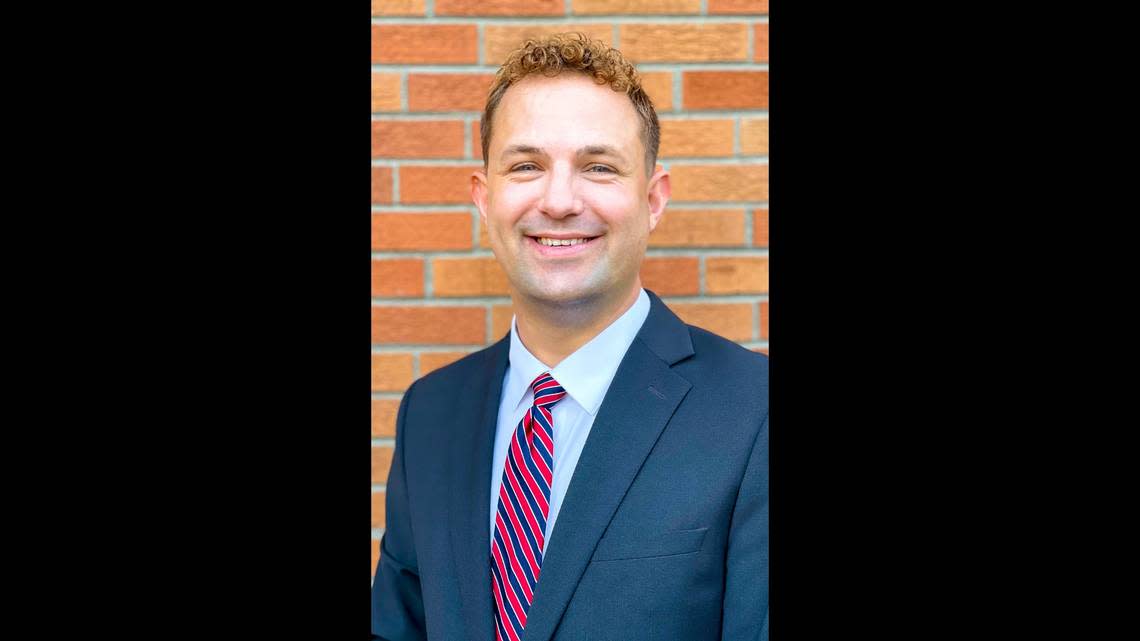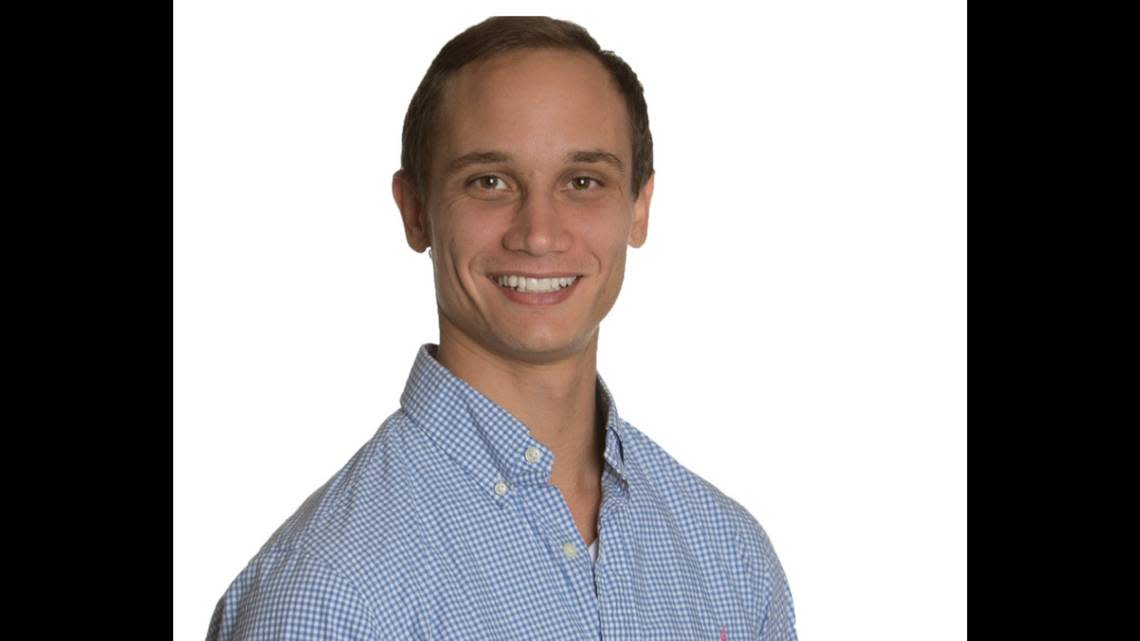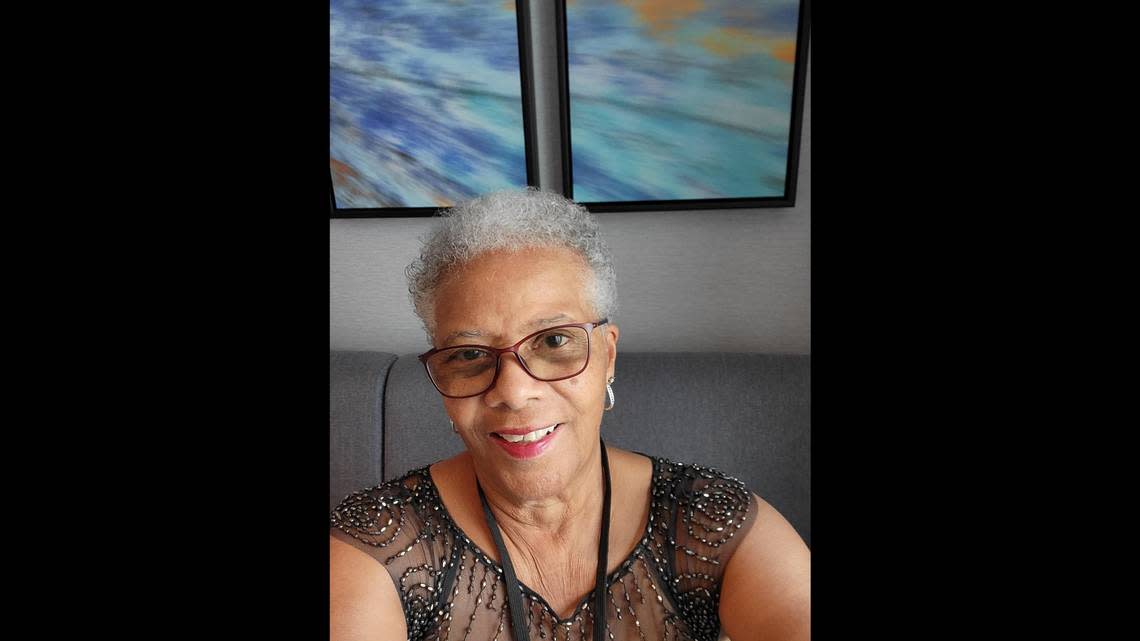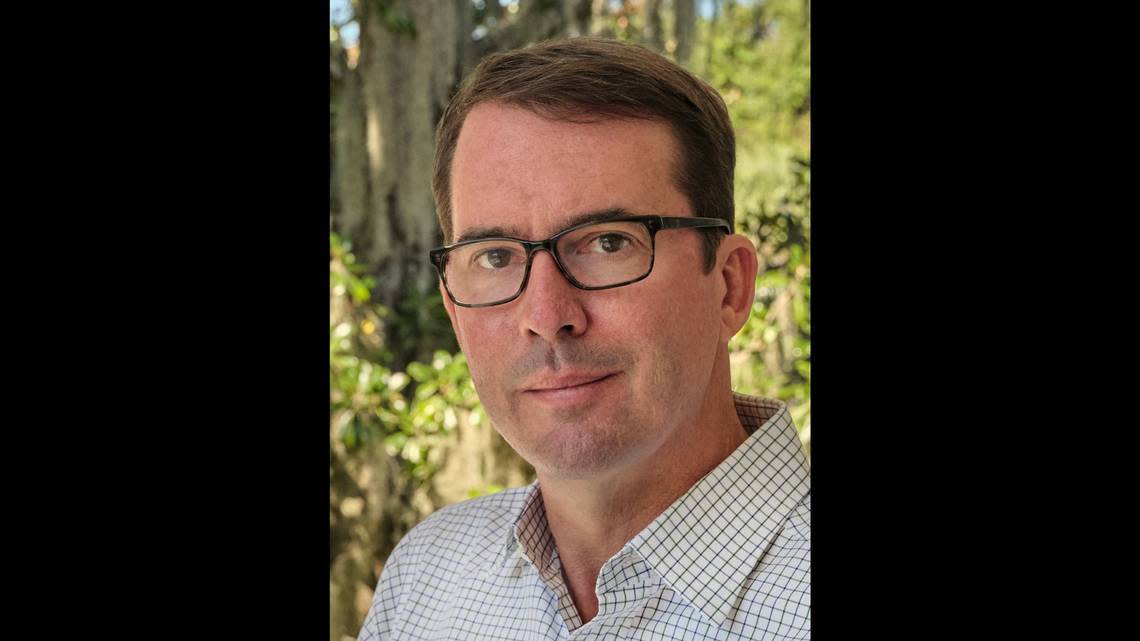Where Beaufort City Council candidates stand on affordable housing issue, marina expansion
Housing, marina expansion, public safety and economic issues dominated a discussion by five candidates campaigning for the Beaufort City Council at a forum Wednesday evening at the University of South Carolina Beaufort.
The event, sponsored by the Beaufort Regional Chamber of Commerce and USCB Center for the Arts, was attended by about 60 people.
No major clashes occurred between the candidates, who are competing for two seats. The two candidates with the most votes in the Nov. 8 election will win.
But the hour-long forum highlighted challenges facing the city, including growth, a shortage of affordable housing and diversifying an economy dependent on tourism and the U.S. Marine Corps Recruit Station Parris Island and the U.S. Marine Corps Air Station Beaufort.
Over the past 10 years, the city’s population grew by 10 percent to just under 14,000, according to the 2020 Census.
“We’re relying too heavily,” Michael Andersen, a 29-year-old bookkeeping and business management consultant, said of the military and tourism sectors, “on those two supports in this community.”

Median incomes are declining as housing prices soar, Andersen said. As the youngest candidate, he said he is most in tune with the challenges of younger people and the two biggest hurdles they face: finding jobs and places to live.
Andersen recommended that regulations be rolled back to make it easier to do business. It’s easier to clear-cut 50 acres than it is to complete an infill development project, said Andersen, calling for an easier permitting process.
Mike McFee said the city is on the right track in dealing with problems such as affordable housing and diversifying the economy.
When he was younger, said McFee, a real estate broker who has served on the council since 2008, employment opportunities in Beaufort were “slim to none” short of joining the military or working for the government.
“I had to create a job for me to stay here,” McFee said.

Over the past five years, McFee pointed out, the city has boosted the job base by partnering with the Beaufort County Economic Development Authority, which has led to $44 million in investment and 340 new jobs with an average salary of $52,000 a year. The city, McFee added, recently joined with other municipalities and Beaufort County in contributing $3.4 million in public money to kick-start an effort to build more affordable housing.
Beaufort, said McFee, has sensitive natural resources, but the environment can be protected “if we are smart about development.”
Working in public safety, said Josh Scallate, a 31-year-old firefighter with the Lady’s Island-St. Helena Fire District, “I see people struggle all the time” finding a place to live, including teachers and police officers. He recommended zoning reform to curb urban sprawl and give property owners more rights to use their property as they see fit.
When he was 22, Scallate said, he lost a twin brother to a heroin overdose, which prompted him to dedicate his life to public service at the fire department.

Wilma Holman, 75, who once owned her own tax preparation service and worked at the Beaufort County Black Chamber of Commerce for 19 years, said new jobs are being created in the city at the Commerce Park. Holman also highlighted the work the city is doing to attract high-tech businesses and train people at its “Digital Corridor.” Those efforts, she said, will entice more people to stay in the Lowcountry.
“We are on the right road,” Holman said, “bringing in the right businesses to attract them.”
But, Holman added, businesses need to be willing to mentor students, too.

Holman billed herself as a team player who would be the voice of the people, which she claims is missing now. Residents, she said, need to “understand exactly what’s going on in your government.”
Traffic control, Holman said, is one area “we need to do something about. It is almost impossible to travel down the streets at certain times of the day.”
Josh Gibson, a 52-year-old freelance photographer, was chairman for six years of the city’s Zoning Board of Appeals, until recently. The city, Gibson said, should lead by example and do what it can to provide affordable housing to its own employees such as police officers and firefighters. “I want those people living in the community they serve,” Gibson said.

As a member of the Zoning Board of Appeals, Gibson added, he supported a variance that allowed student housing to be constructed for USCB.
“City Hall,” Gibson said, “needs to be a place you go to find answers and not obstacles.”
Positions on marina
In August, Safe Harbor Marinas proposed a plan to more than double the size of Beaufort’s marina in an expansion project that could result in a $14 million investment, but its size has spurred concerns about its impact on views and parking.
All five candidates said they oppose the plan.
“Too big,” said McFee. Gibson called the plan a “non-starter” and said people don’t appreciate the scale, noting the marina, if expanded as proposed, would harm the views and “would be big enough to park the (USS) Yorktown,” a WWII aircraft carrier that’s now a military museum in Charleston.
Thoughts on police
Candidates were asked how they perceive the relationship between residents and law enforcement.
Scallate supports bringing back the Explorer program, which he said would help improve the relationship and also give teenagers and young adults a first-hand look at the field as a possible career and may address the staffing shortage the department is facing. Through the program, police give participants a glimpse of their work.
But Holman said the police department needs “to look at better ways for policing.” Toward that end, Holman said, the police department should look to colleges or technical schools for candidates studying law enforcement-related fields because they have a better feel for how policing “can be done in more than one way” and understand there’s more to policing than the physical aspect.
Gibson supports adding more cameras downtown and other locations where violent crimes have occurred so police at least have a starting point for investigating. Gibson said some police have told him, “Nobody wants to talk to us.”
McFee said the city has been investing about $10,000 annually on cameras.
Andersen supports a return to more community policing so there’s more interaction between police and residents and not just when something bad happens.
